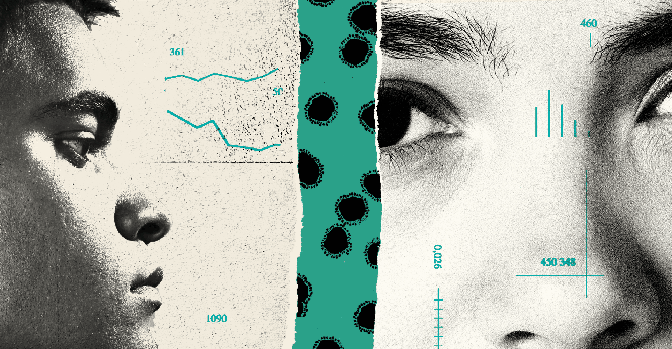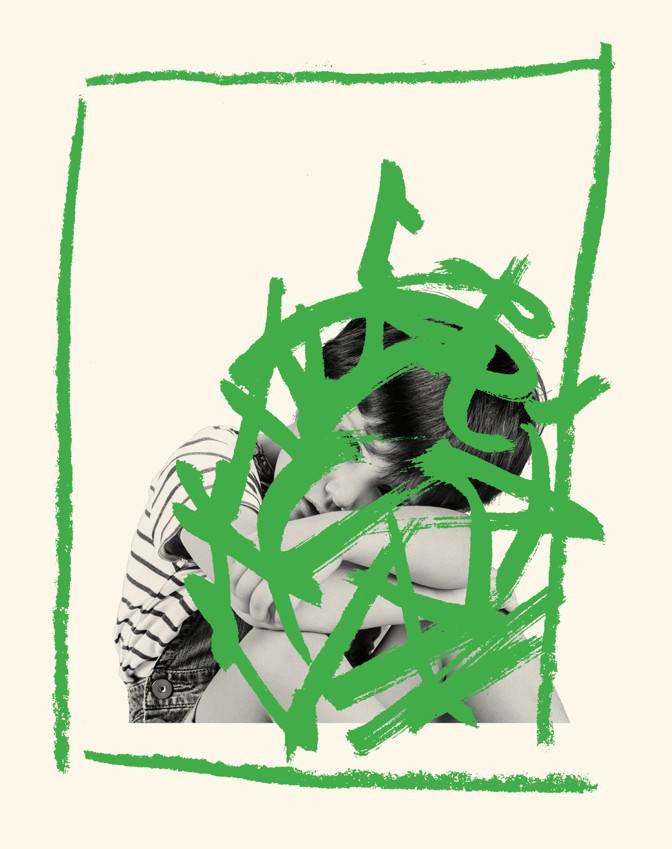
America’s fault lines are showing. As my colleague Joe Pinsker put it last week, there are really two pandemics:
One will be disruptive and frightening to its victims, but thanks to their existing advantages and lucky near misses with the virus, they will likely emerge from it relatively stable—physically, psychologically, and financially. The other pandemic, though, will devastate those who survive it, leaving lasting scars and altering life courses.
Where you end up depends on “a morbid mix of a sort of demographic predestination—shaped strongly by inequality—and purely random chance.”
Across the U.S., this outbreak is already exposing stark race, class, and gender divides—and threatening to exacerbate them.
CLASS
Not everyone can just work from home: Data suggest that benefit lies disproportionately with high-income Americans. And while the wealthy hunker down, essential workers remain at cash registers, fearful for their own health.
Plagues, counterintuitively, can be good for workers, my colleague Olga Khazan reports. One study of 15 major pandemics in history found that they increased wages afterward. Experts anticipate a turn toward populism post-outbreak, but whether it will be the Bernie Sanders or Donald Trump variety is unclear.
RACE
We now know for sure: The data show major racial disparities in COVID-19 cases. And yet too many politicians and commentators—relying only on anecdotal evidence—are engaging in victim blaming, Ibram X. Kendi argues.
“What if black people have been taking the coronavirus more seriously than white people for weeks, as the survey data suggest? What if despite all that, black people are still being infected and dying at higher rates from COVID-19?”
GENDER
No nurseries, no schools, no babysitters. As child care moves into the home, many families may fall back into a 1950s parenting model.
“With the schools closed, many fathers will undoubtedly step up, but that won’t be universal,” Helen Lewis wrote last month. “Some women’s lifetime earnings will never recover.”

One question, answered: The world is a scary place, outbreaks and otherwise. How do you raise a resilient child in 2020? Kate Julian, a senior editor and the mother of two children under 10, takes a long look in our latest magazine cover story:
To protect children from physical harm, we buy car seats, we childproof, we teach them to swim, we hover. How, though, do you inoculate a child against future anguish? For that matter, what do you do if your child seems overwhelmed by life in the here and now?
What to read if … you just want practical advice:
Tonight’s Atlantic-approved quarantine activity:
Dip your toe into video-game utopia. The best-selling game Animal Crossing is subtly subversive, our technology writer Ian Bogost argues.


No comments:
Post a Comment